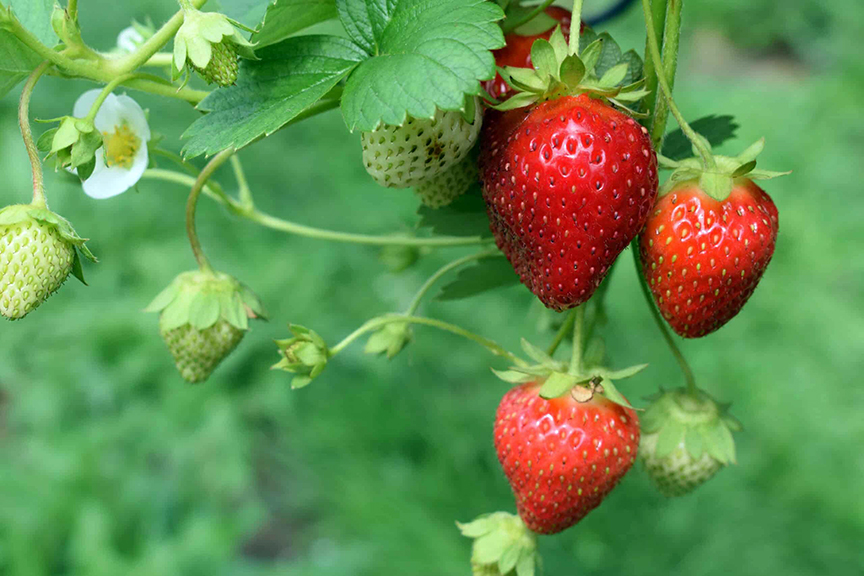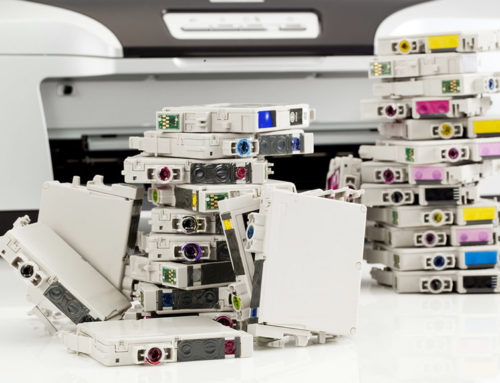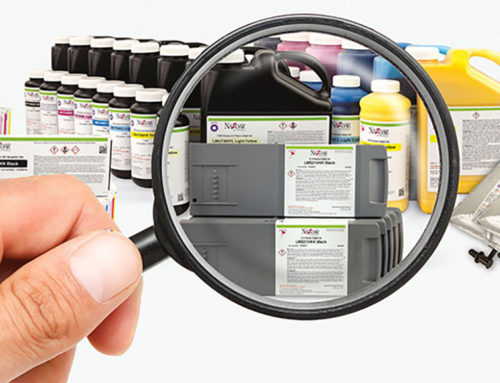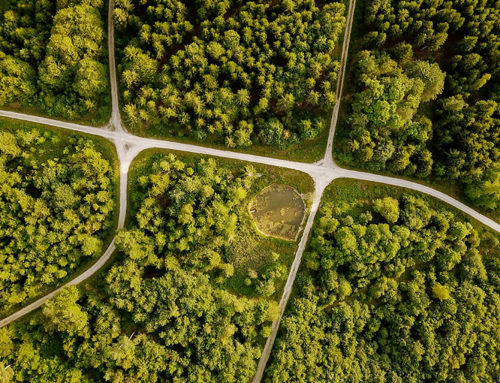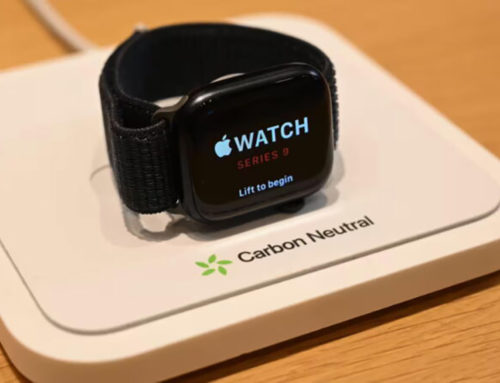The luscious red strawberries we enjoy may soon come with an unsavory side effect – plastic pollution. Recent research has exposed a disconcerting reality: the plastic mulch commonly used in strawberry cultivation, particularly in California, poses a significant and enduring threat to the environment. Scientists from the Sistla group at California Polytechnic State University have unveiled a troubling consequence of this farming practice – the shedding of plastic fragments from the mulch, which negatively impacts soil health and raises concerns about the sustainability of strawberry farming.
Plastic mulch, often crafted from polyethylene, is a tool employed to bolster strawberry growth. It serves to control weeds, minimize water evaporation, and shield the precious fruit from soil splashes. While it unquestionably aids in achieving short-term agricultural goals, there’s a significant caveat: the mulch leaves behind minuscule plastic remnants that endure in the soil for decades. Despite diligent removal efforts after each harvest, these plastic particles persist, accumulating year after year. Even meticulously maintained fields bear the weight of plastic accumulation, with postdoctoral researcher Dr. Ekta Tiwari revealing up to 213,500 macroplastic particles per hectare on the field’s surface alone.
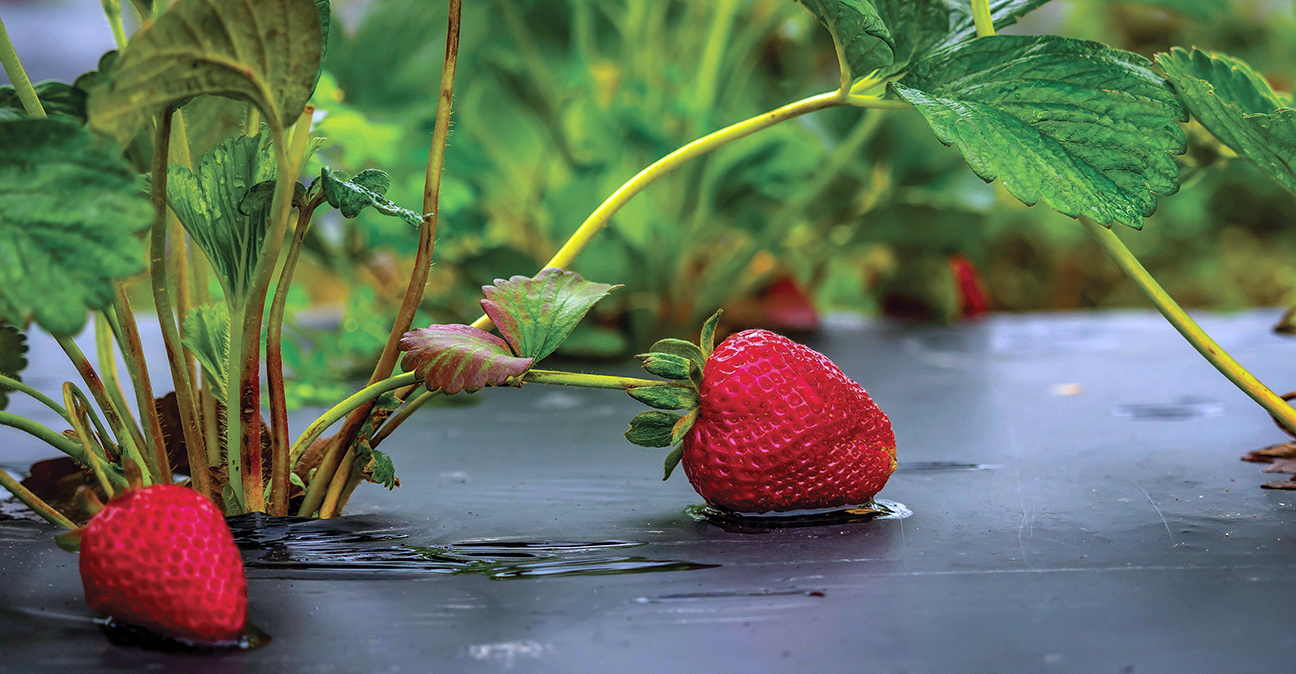
The research further reveals a troubling correlation – increased levels of plastic pollution coincide with a decrease in soil moisture content, microbial respiration, and available plant nitrogen. This suggests that while plastic mulch may offer short-term advantages, it does so at the expense of long-term soil quality.
In response to these findings, the search for sustainable alternatives to plastic mulch has gained momentum. Biodegradable plastics and natural materials like straw are being considered, offering promising alternatives to mitigate plastic pollution’s adverse effects. However, it’s important to acknowledge that these alternatives often come with higher economic costs.
This eye-opening research underscores the critical importance of understanding the broader environmental repercussions of our agricultural practices. As society increasingly strives for sustainability in all aspects of life, it becomes imperative to continue scrutinizing the impact of plastics in agriculture and to actively seek alternatives that safeguard both the earth and the bounty of our sweet strawberry harvests. The choice between short-term convenience and long-term environmental health is one that demands our utmost consideration as we navigate the delicate balance between agriculture and ecological preservation.

